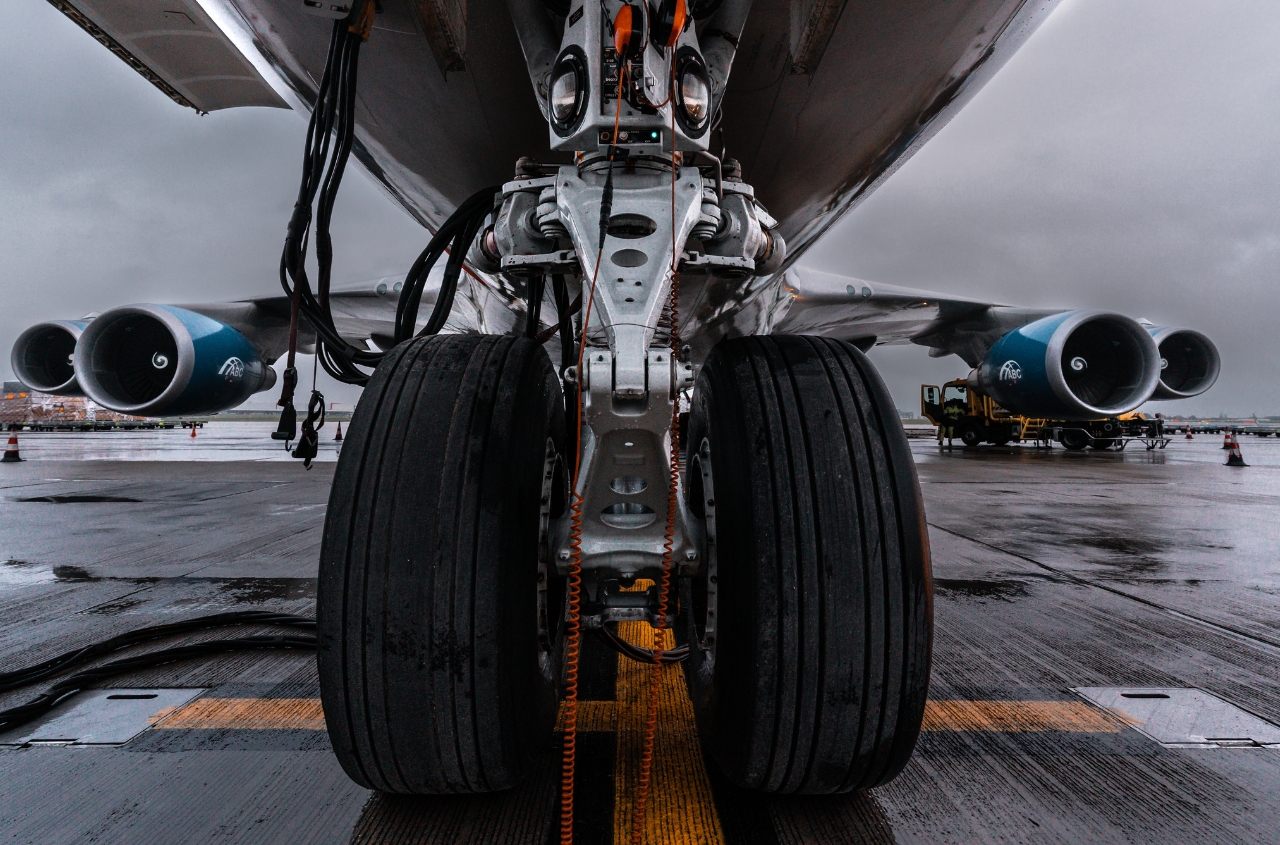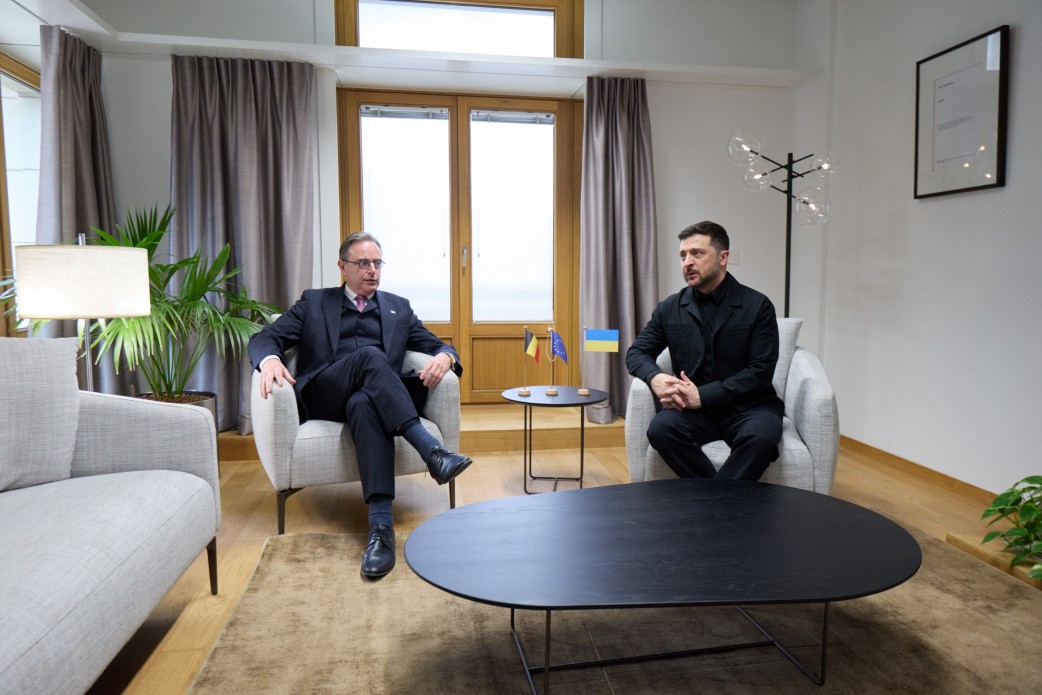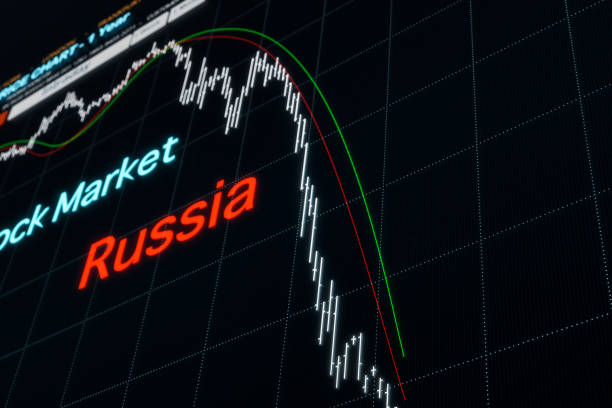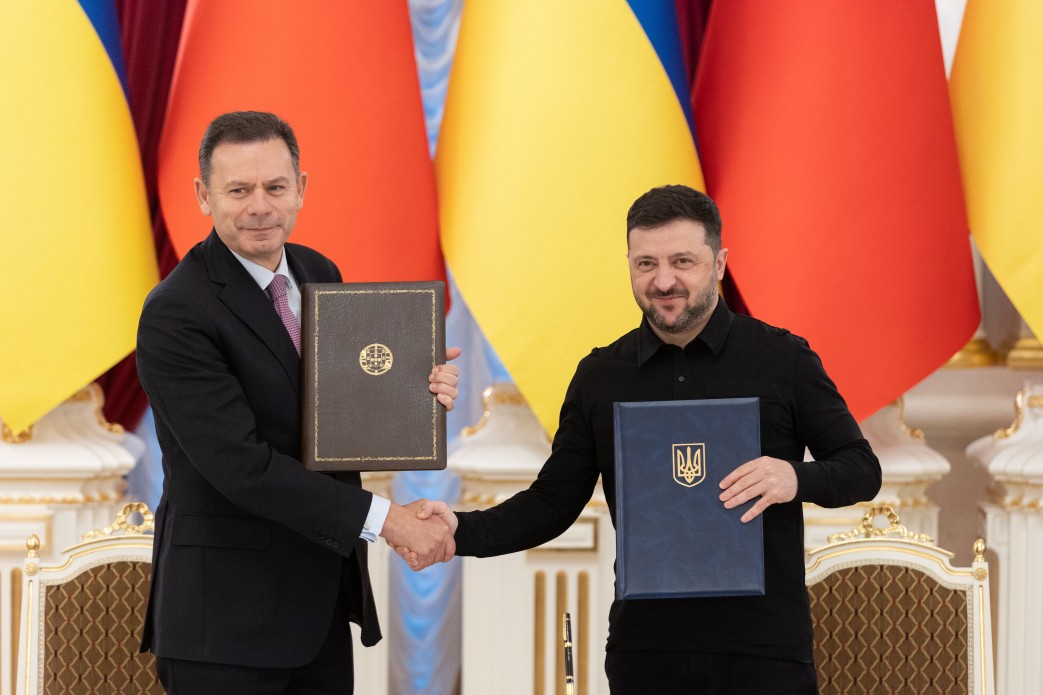Despite sanctions imposed in various sectors against Russia, the country remains the world's largest supplier of diamonds. The National Agency on Corruption Prevention (NACP) has identified 47 Russian companies involved in diamond extraction, processing, and sales as potential candidates for sanctions.
Many of these companies have affiliations with the renowned Russian diamond mining conglomerate, Alrosa, which holds a dominant global position in diamond production. Alrosa primarily operates in Yakutia, the Arkhangelsk region, and Africa. The corporation controls over 90% of Russia's diamond production, and its estimated reserves account for approximately one-third of the world's total diamond reserves.
While the company is already facing sanctions from Ukraine and numerous nations in the sanctions coalition, its affiliated firms continue to actively participate in the global diamond market.
During the year 2022, Russia managed to export diamonds valued at over USD 3.8 billion, providing Russia with essential financial resources to sustain its ongoing conflict with Ukraine and support its national economy.
Furthermore, Alrosa extends assistance to the armed forces of the aggressor, and Russian diamonds are employed, among other purposes, to evade sanctions.
Although certain countries within the sanctions coalition have prohibited the import of rough Russian diamonds, it's worth noting that this ban has been restricted to rough diamonds exclusively. After undergoing processing in third-party countries, primarily India and China, Russian diamonds acquire the designation of "mixed" and can be readily introduced into the markets of G7 countries.
It is crucial to promptly impose an outright prohibition on the import of Russian diamonds within the nations comprising the sanctions coalition. Concurrently, the establishment of a robust system for identifying and tracking the origin of diamonds is imperative to reduce avenues through which Russia can evade such prohibitions.
The primary hubs for the transformation of Russian diamonds into "mixed" diamonds are located in India, the UAE, and Belgium. These diamonds find their largest consumer bases in the United States, China, and the European Union. The global market should have no tolerance for conflict diamonds, underscoring the increasing significance of ethical consumption within the diamond industry.
The NACP has already sent proposals to the Security Service of Ukraine and other responsible authorities to impose sanctions against Russian diamond companies.
More information about other companies or individuals included in the NACP’s sanctions lists can be found on the War and Sanctions portal in the section “Candidates for sanctions”.





















